How Does Sunscreen Work? Which Type Of Sunscreen Do Experts Recommend?
Guide to choosing the right sunscreen and our top sunscreen recommendations for 2023, that you should not miss.
On Jan 30, 2023 – 7 minutes read
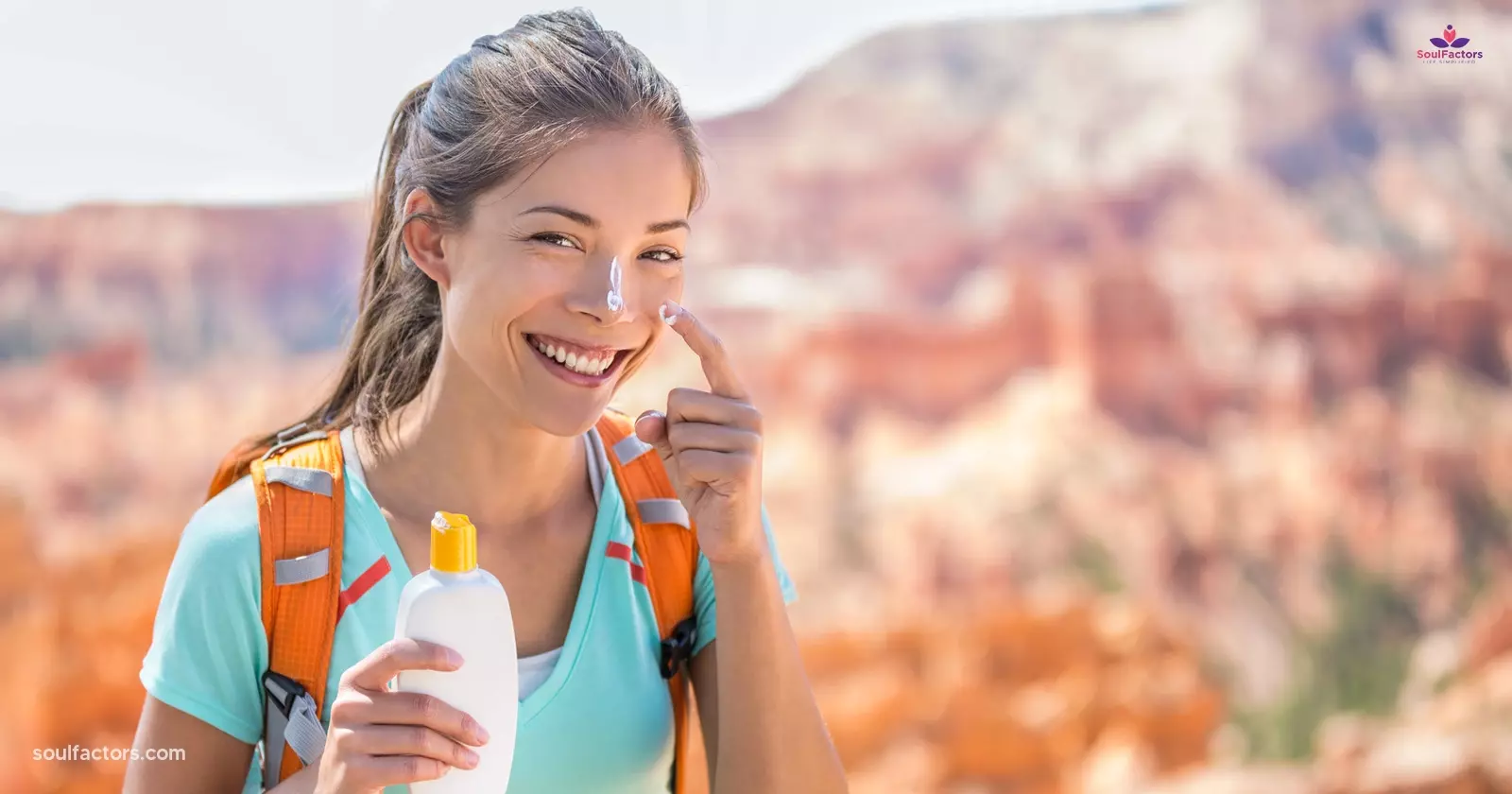
Everybody should be a sunscreen person if they wish to protect their skin. Dermatologists around the world agree with the fact that sunscreen never should be skipped no matter where in the world you are from. But with so many sunscreens in the market choosing and sticking to one can be difficult. Turns out most sunscreens don’t even work.
How Does Sunscreen Work?
So how does sunscreen work? How does sunscreen help your skin? Factors like SPF rating, spectrum, ingredients, formulation, and application should be thoroughly noted before choosing a sunscreen. Sunscreen is like your invisible bodyguard so it’s better to get the best instead of settling for something that will give you zero protection.
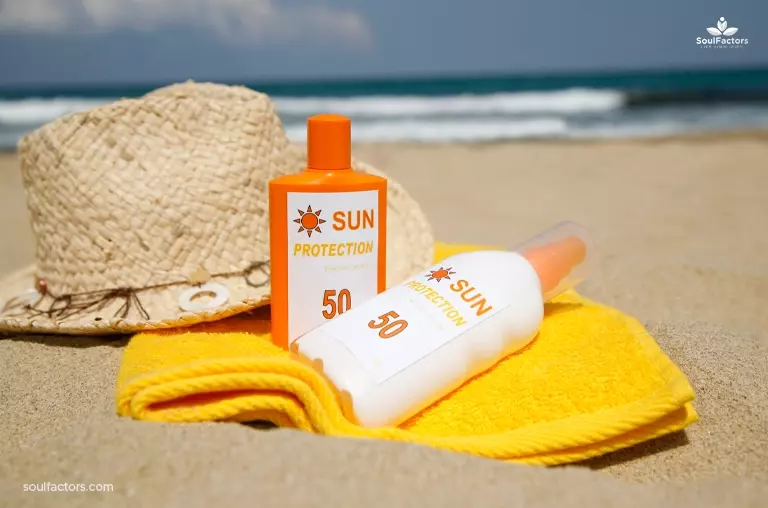
What Are The Different Types Of Sunscreens?
Does it matter what kind of sunscreen you use? The answer is yes, it might help with a lot of things.
To understand how sunscreen works you need to understand the various types of sunscreen. Sunscreens can be categorized into three, namely chemical sunscreen, physical sunscreen, and hybrid sunscreen. Knowing the difference will let you make the right decision when choosing your sunscreen.
How Does Chemical Sunscreen Work?
How does sunscreen work? Let’s start with chemical sunscreen.
Chemical sunscreens work by absorbing the UV rays before the skin gets a chance to absorb them. Some of the common ingredients to look for in chemical sunscreen include oxybenzone, homosalate, avobenzone, octisalate,octinoxate, and octocrylene. One of the key benefits of a chemical sunscreen it sits well on the skin making it suitable for all skin types and skin tones. Chemical sunscreens are comfortable to wear under makeup and the application process is also quite easy.
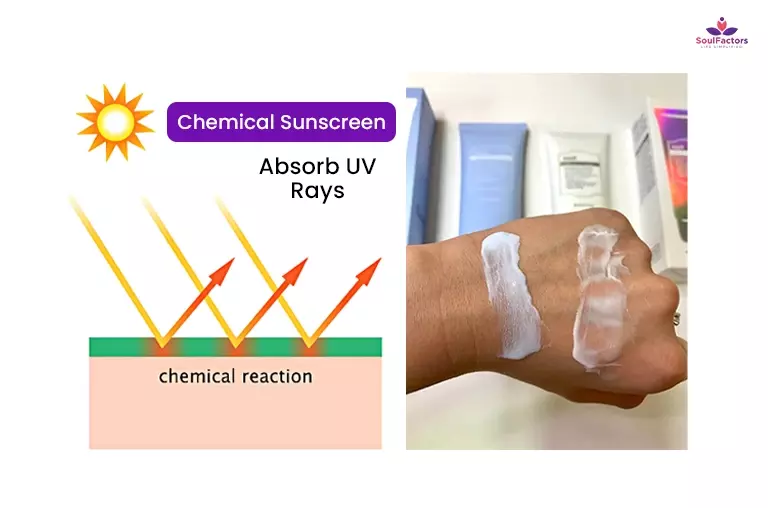
Chemical sunscreen does not cause white cast and mostly comes in water and sweat-resistant formulations. Chemical sunscreen also has the benefit of not feeling too greasy and sticky on the skin.
Is Chemical Sunscreen Safe?
Chemical sunscreen includes ingredients like avobenzone, octinoxate, and oxybenzone which are absorbed into the skin instantly after application. The ingredients absorb the UV rays before the skin absorbs them converting them into heat and releasing them from the body.
Chemical sunscreens, when compared to physical sunscreens, are not recommended for kids and pregnant or lactating women as the ingredients are absorbed into the skin and certain studies have shown these ingredients to reach the bloodstream. There are no side effects that are evidence supported to date. Experts do not recommend skipping sunscreen.
Everyone has to wear sunscreen before going out, every day! In this case, a physical (or mineral) sunscreen is by far an inherently safer choice when the concerning allegations regarding chemical sunscreens are considered. Here is a list of the best and safe sunscreens for pregnancy.
But if you have sensitive and prone skin then we recommend that you try mineral sunscreens.
How Does Mineral Sunscreen /Physical Sunscreen Work?
Physical sunscreens also called mineral sunscreens create a physical layer on the skin that acts as a barrier to shield the skin from the sun. The ingredients of a physical sunscreen sit on top of the skin and are not absorbed into the skin. Mineral sunscreen gives broad-spectrum protection, protecting your skin from both UVA and UVB. They are great for sensitive skin and are also effective in managing wrinkles and hyperpigmentation(1).
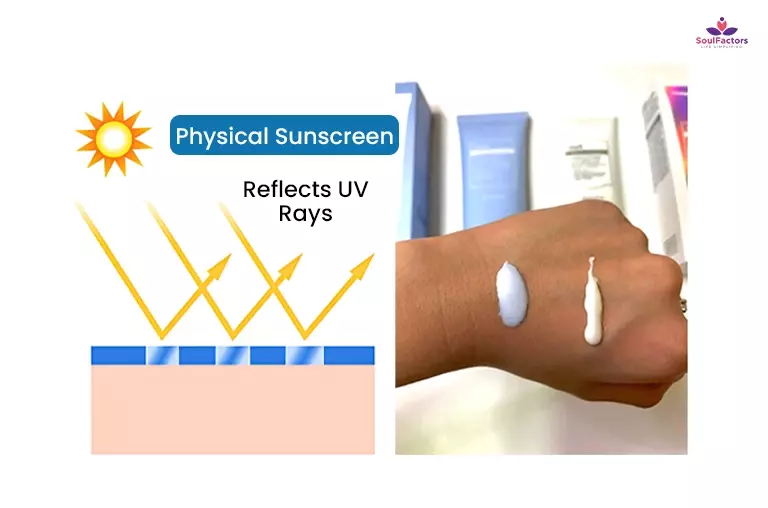
Key ingredients that make up a good mineral sunscreen include titanium oxide and zinc oxide both of which are FDA-approved ingredients. One of the main benefits of a physical sunscreen is that its great for people with sensitive, acne-prone skin and is gentle enough to be used during pregnancy and even on children. Physical sunscreen prevents photoaging and the appearance of dark spots.
Even with all the benefits one of the main cons of a physical sunscreen is the much dreaded white cast. Physical sunscreen is mostly chalky, hard to blend, and leaves a white residue on the skin, for people with tan skin or darker skin a physical sunscreen can leave you looking like a ghost. Mineral sunscreens might require frequent reapplication as they are often not water resistant. There are physical sunscreens that work like chemical sunscreens, for example, micronized zinc oxide or titanium, when added as the key ingredient in a physical sunscreen, absorbs the UV rays and works similarly to chemical sunscreen.
Tip: If you love physical sunscreen and have sensitive skin but white caste is bothering you, then try finding a tined physical sunscreen. Not only will it look natural on the skin they give you very light coverage and works well for a non-make makeup base.
What Is A Hybrid Sunscreen?
Hybrid sunscreen is a combination of both chemical and physical, giving the best sun protection. The SPF filters in a hybrid sunscreen will have chemical and mineral blockers and reflectors. The combined abilities make a hybrid sunscreen the most effective as they offer a higher SPF.
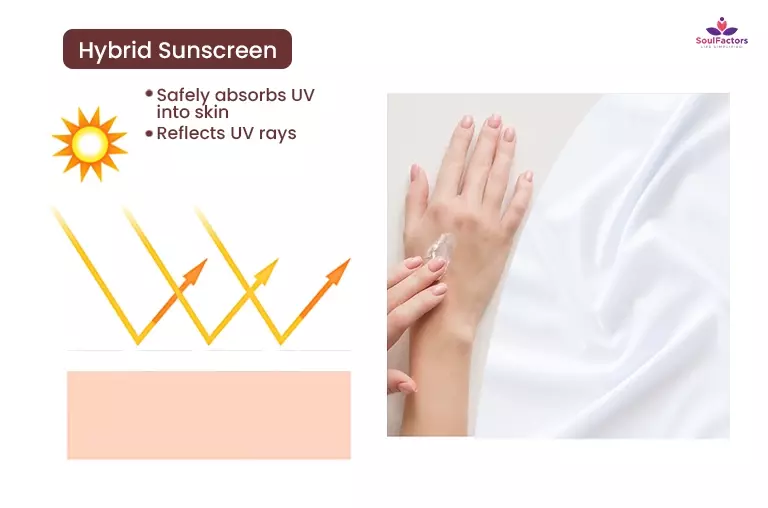
Which Sunscreen Is The Best Physical, Chemical, Or Hybrid?
If you compare physical, chemical, and hybrid sunscreen and weigh the pros and cons there is no clear winner, we’ll tell you why. Like every skin care product, sunscreen also doesn’t come in one size that fits all. How does sunscreen work? Choosing a sunscreen that works for you will depend on your skin type, skin sensitivity, skin color, and the environment you live in.
But overall if you need us to come down to a single type of sunscreen then we suggest you choose a good hybrid sunscreen that goes with your skin type and skincare routine. Hybrid sunscreen reaps the benefits of both chemical and physical sunscreen all while giving you the best sun protection. Choose hybrid sunscreen that is non-comedogenic(2), has broad spectrum protection, has zero white casts, and has anti-inflammatory properties.
What Is The Right Method Of Sunscreen Application?
Dermatologists recommend sunscreen application with the two-finger rule and should be applied 15 minutes before stepping out. If you spend a lot of time outs ide doctor recommends reapplying sunscreen every 2 hours.

List Of Best Sunscreen In 2023
Best Chemical Sunscreen In 2023
- Alba Botanica Sport Sunscreen- Suitable for all skin types
- Banana Boat Face Sunscreen- Budget Friendly
- La Roche-Posay Anthelios Melt-In Milk Sunscreen SPF 60- Lightweight lotion consistency
- Supergoop! Glow Screen Sunscreen SPF 40
- Glossier Invisible Shield SPF 35
- Neutrogena Ultra Sheer Dry Touch Sunscreen SPF 50+
- La Shield Sunscreen Gel SPF 40
Best Physical/Mineral Sunscreen 2023
- Coppertone Pure & Simple Sunscreen Lotion-For all skin types
- EltaMD UV Clear Broad-Spectrum SPF 46- For acne-prone skin
- Aveeno Positively Mineral Sensitive Skin Sunscreen SPF 50
- Live Tinted Hueguard 3-in-1 Broad Spectrum Mineral SPF 30 Primer
- Cetaphil Sheer Mineral Face Sunscreen SPF 50 for Sensitive Skin
- Neutrogena Sheer Zinc Dry Touch Sunscreen SPF50+
- La Shield Pollution Protect Mineral Sunscreen Gel Spf 50
Best Hybrid Sunscreens In 2023
- Cosrx Aloe Soothing Sun Cream
- Jumiso Waterfull Hyaluronic Acid Sunscreen 50ml SPF50+ PA++++
- Innisfree Intensive Anti-pollution Sunscreen SPF50+ PA++++
- Innisfree Tone Up Watering Sunscreen SPF 50+ PA++++
- Laneige Watery Sun Cream SPF50+ PA++++
- Isntree Hyaluronic Acid Airy Sun Stick 22g
- VICHY – Sunscreen – Capital Soleil SPF 50+ Sun Milk for Face and Body
- La Roche-Posay – Sunscreen – Anthelios Dermo-Pediatrics SPF 50+ Lotion
- SHISEIDO – Sunscreen – ultra sun protection lotion Spf 50
- Earth Rhythm ULTRA DEFENCE HYBRID SUN FLUID – SPF 50
- Minimalist Multi Vitamin SPF 50 PA ++++ Sunscreen
Frequently Asked Questions
How does chemical sunscreen work and how does mineral sunscreen work?
Difference between UVA and UVB rays?
Does tanning sunscreen make you tan?
How does zinc oxide work in sunscreen?
SPF rating- what do they mean?
Take Away
Everybody should sunscreen seriously and apply them consistently, the notion that darker-skinned people do not require sun protection is not true at all. How does sunscreen work? It doesn’t matter if it’s a physical sunscreen, chemical sunscreen, or a hybrid sunscreen, once you find the perfect sunscreen for you, be consistent.
Next time you step out, don’t forget your sunscreen!

Subscribe to Newsletter
Elevate your routine, stay on trend, and embrace a personalized beauty journey with our curated insights.


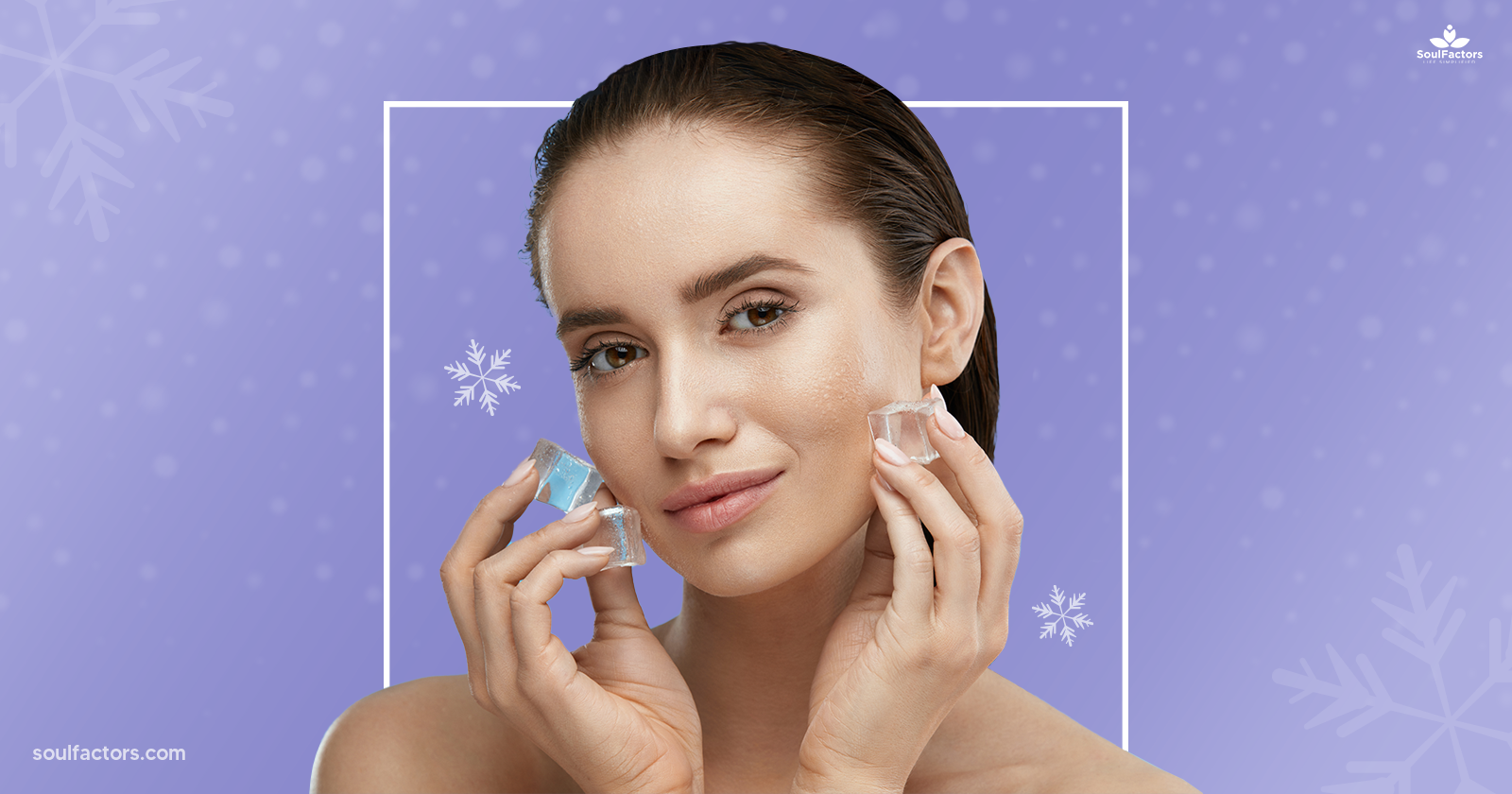


Write a Comment